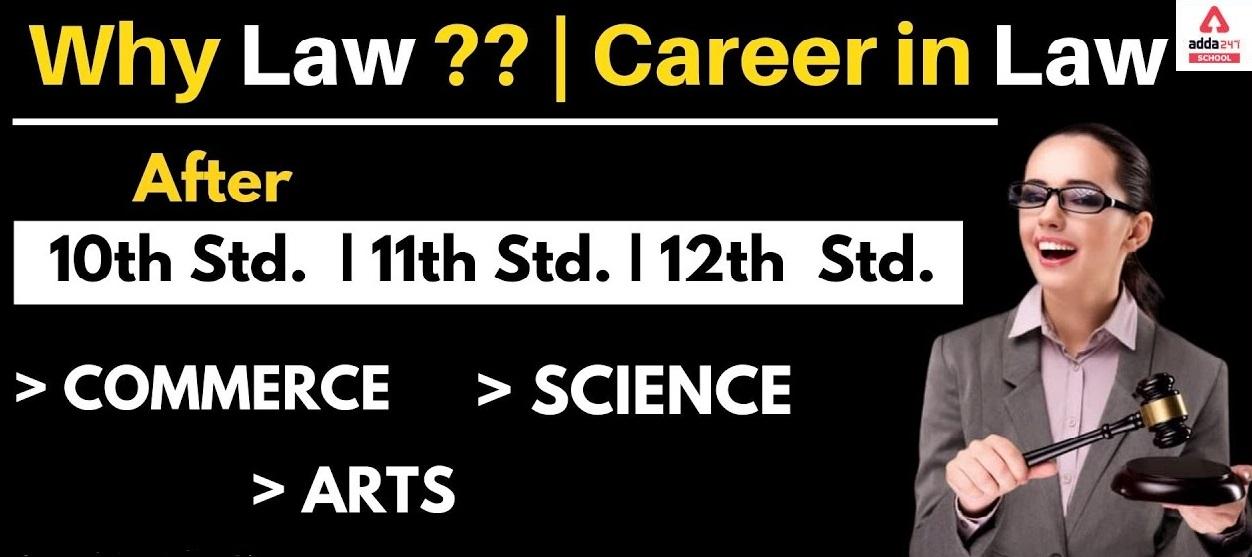How to Become a Lawyer
Getting a job as a lawyer can be a difficult task. You need to have good logical skills to be successful, and also you need to have the proper preparation for the bar exam. If you do not know where to start, you may want to read the following article to get a glimpse of what it takes to become a lawyer.
Educational road to becoming a lawyer
Obtaining a law degree usually involves a three-year course of study, followed by taking the bar exam. Law graduates can then practice law as lawyers, judges, or in other occupations. Obtaining an advanced degree opens up more opportunities for law professionals.
Students may also pursue an apprenticeship. An apprenticeship is a structured education program where the student is employed by a law office. The program can last four or more years. This provides opportunities to learn the business side of running a law firm and may also provide opportunities to interact with members of the legal community. However, an apprenticeship does not offer the chance to attend career events or interview with select law firms. It is a rigorous program.
If you are considering an apprenticeship, it is a good idea to find out if your state allows you to participate in one. Some states allow you to do an apprenticeship alongside law school, while others don’t.
Law school students typically take classes in civil procedure, contracts, and property law. They also study constitutional law and writing legal documents.
The American Bar Association recommends students study a variety of subjects including English, philosophy, economics, political science, and journalism. These subjects help develop critical thinking and analytical skills.
Students should also participate in extracurricular activities. Law schools are looking for candidates with strong test scores, letters of recommendation, and a background that demonstrates a commitment to their field. Some schools also require students to take an LSAT. This test is administered several times per year in the United States.
After law school, students must pass the bar exam, which is a two-day test. The exam is used by most jurisdictions to determine a lawyer’s knowledge and skills.
Socratic method vs case method
Whether you’re a prospective law student or an aspiring lawyer, you have probably heard of the Socratic Method and the case method. They are both methods used in law school to help students learn how to think like a lawyer. However, there is a major difference between the two.
The Socratic Method is an incessant questioning technique. The student must answer the professor’s questions as they come. The professor uses the technique to check the student’s understanding of legal documents. It is also used to help students develop critical thinking skills. The Socratic Method can be an intimidating experience, however. Here are some tips to help you cope with it.
First, it is important to understand what the Socratic Method is. In a law school classroom, students will read judicial opinions and answer questions about the opinions. In addition, the professor may ask the students to write summaries of the cases. In this way, students learn to analyze judicial opinions and apply the law to new fact patterns.
The case method, on the other hand, involves reading case books. These books contain excerpts of actual cases. Law students are asked to analyze the cases and make their own conclusions. The case method involves the use of hypotheticals to challenge the student’s understanding of the law. This technique is used to push the limits of a court ruling.
Some professors will only use the Socratic Method in the first year of law school. These professors use the method to test students’ ability to think on their feet. This technique also helps them prepare for rapid-fire questions from judges.
While the Socratic Method is not the only way to become a lawyer, it is a good tool to help students develop critical thinking skills. It is important for students to recognize its purpose and to appreciate it.
Preparing for the bar exam
Taking the bar exam to become a lawyer is an essential step towards becoming a licensed attorney. The bar exam is a two-day test designed to test a candidate’s knowledge of legal principles and procedures. It tests a candidate’s ability to identify and analyze legal issues, and to communicate effectively in writing. The bar exam covers a wide variety of legal topics, including federal civil procedure, evidence, torts, and constitutional law.
Although it may seem daunting to study for a two-day test, there are ways to prepare for the bar exam that are both smart and effective. The most important thing to remember is that you have to be prepared to invest a significant amount of time and energy into preparation.
While there are a number of commercial bar prep courses out there, there are also free materials and online resources that can help you prepare. These study resources can vary in their format and content, but they should be able to present information in a manner that makes sense to you.
You can also use academic support services. These services can help you identify the most effective study techniques, teach you how to analyze legal issues, and help you test your skills in legal writing.
Getting enough rest before the bar exam is important. Although it may seem counterintuitive, taking a day off from studying can actually help you prepare better.
Taking a mock bar exam is also a good way to get used to the test conditions and to test your creativity. You can even ask your friends and family to help you with this task.
The best way to prepare for the bar exam to become a lawyer is to get smarter. That means you have to know your strengths and weaknesses, and you have to know which study methods will work best for you.
Legal practice requires logic skills
Logic is a crucial skill to have, particularly when dealing with the law. While a lawyer is required to know substantive law, he or she also needs to know how to process and analyze large volumes of data. The LSAT tests the logical reasoning skills of lawyers through a variety of tests. In particular, the Logical Reasoning Section tests a number of aspects of argument analysis under timed conditions.
Among the plethora of skills a legal professional needs to have, language is one of the most important. In addition to mastering the complexities of the English language, lawyers need to learn legal citation, statutory interpretation, and legal research techniques. Those with an intellectual edge may also be called upon to perform tasks such as identifying legal objectives, organizing data, and writing persuasive prose.
The LSAT tests the logical reasoning skills necessary to make effective judicial decisions. In particular, the Logical Reasoning section tests a number of skills a legal professional needs to know, from evaluating relevant information to analyzing legal arguments. These tasks are crucial to a lawyer’s success in the courtroom.
In particular, the LSAT tests the logical reasoning skills necessary for a lawyer to make effective judicial decisions. In particular, this section tests a number of skills a lawyer needs to know, from evaluating relevant information – such as a client’s financial situation – to analyzing legal arguments. These tasks are vital to a lawyer’s success in the judicial arena.
In fact, the LSAT tests the logical reasoning capabilities of lawyers in a variety of ways. The Logical Reasoning section tests a number a legal professionals’ logical reasoning skills through a variety of tests.
Ten states with the best employment outlooks for lawyers
Whether you’re looking for a new legal career or looking to get your foot in the door with an existing legal department, here are ten states with the best employment outlooks for lawyers.
A lawyer’s job outlook depends on a number of factors. For example, how many lawyers there are in an area and what the salary range is. Some states have a strong legal profession, while others have a less robust legal market.
The number of employed lawyers in a state is determined by the Bureau of Labor Statistics and is based on data from state government labor departments. It is also based on the number of lawyers who pass the bar exam and who are on the rolls of law firms. A large number of lawyers work full time, with some working more than 40 hours a week.
The Bureau of Labor Statistics estimates that the number of lawyer jobs will increase by 9% between now and 2030. This is faster than the average growth for all occupations. Lawyers represent businesses, individuals and government agencies. Lawyers also have an important role in upholding legislation.
Washington, D.C., is a good place to network with other lawyers, as well as with government officials. Its location as the political epicenter of the nation makes it a great place for lawyers to practice. The city is home to many of the nation’s top law schools.
Boston, MA, is one of the top locations for lawyers because of its proximity to the state capital and major business centers. It is also home to many international firms, such as Ropes & Gray LLP.
Lawyers are also able to find work in less traditional roles. Large accounting firms perform many of the same functions as lawyers. Some lawyers work for government agencies, and others work in business and finance.



